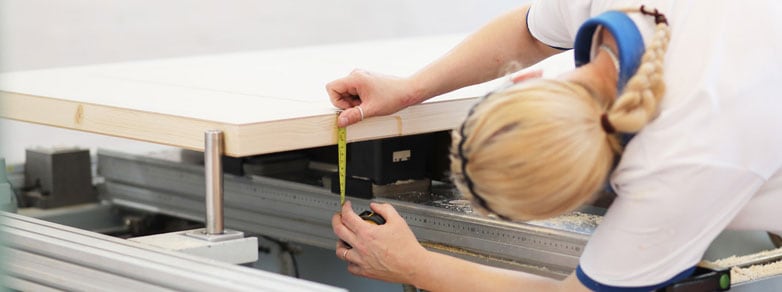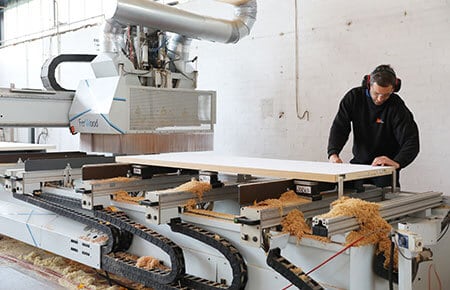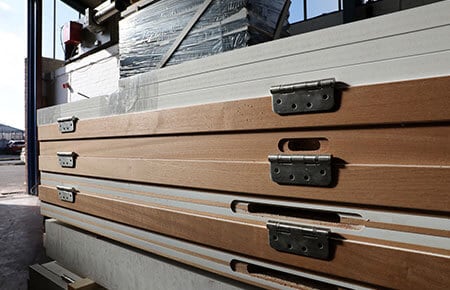How often do you turn on your TV or flick through social media to see there’s been a fire or explosion in an industrial complex?
Quite a lot, we imagine?
Fires and explosions are regular occurrences in the industrial sector, costing companies and governments billions each year – not to mention serious injuries and even losses of life, which can’t be put into monetary terms.
Here are five of the most common causes of industrial fires.
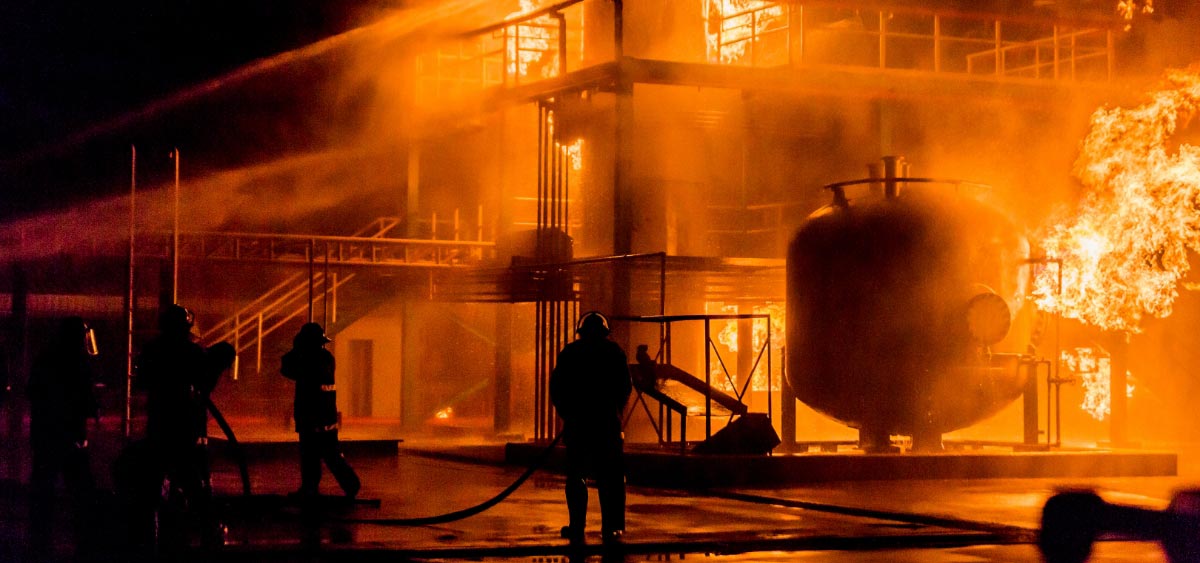
Dust Is Highly Combustible
You may not think it, but dust is incredibly combustible, and a major cause of industrial and workplace fires.
Just about everything – from food to dyes, and from chemicals to metals – all have the potential to be combustible in dust form.
How do you prevent the risk of fire from dust?
Well, treat it like your home, and introduce a strict housekeeping regimen.
We know it sounds tedious, but if you want to avoid disaster, we suggest you do NOT phone this chore in.
The Dangers Of Hot Work
When you think about ‘hot work’, wielding or torch-cutting probably springs to mind, right?
Well, yes, but there are many other activities – such as brazing, burning, heating and soldering – which also pose enormous fire safety risks.
This is because sparks and molten materials have the potential to reach over 1000 degrees, and can easily travel 35 feet, igniting any flammable materials they may come into contact with.
Hot work is also a massive contributor to combustible dust fires, particularly if machinery hasn’t been cleaned properly.
But, like combustible dust incidents, hot work fires are easily preventable.
Make sure that your personnel is extensively trained on the hazards associated with hot work, and introduce policies and procedures to minimise or even eliminate risk.
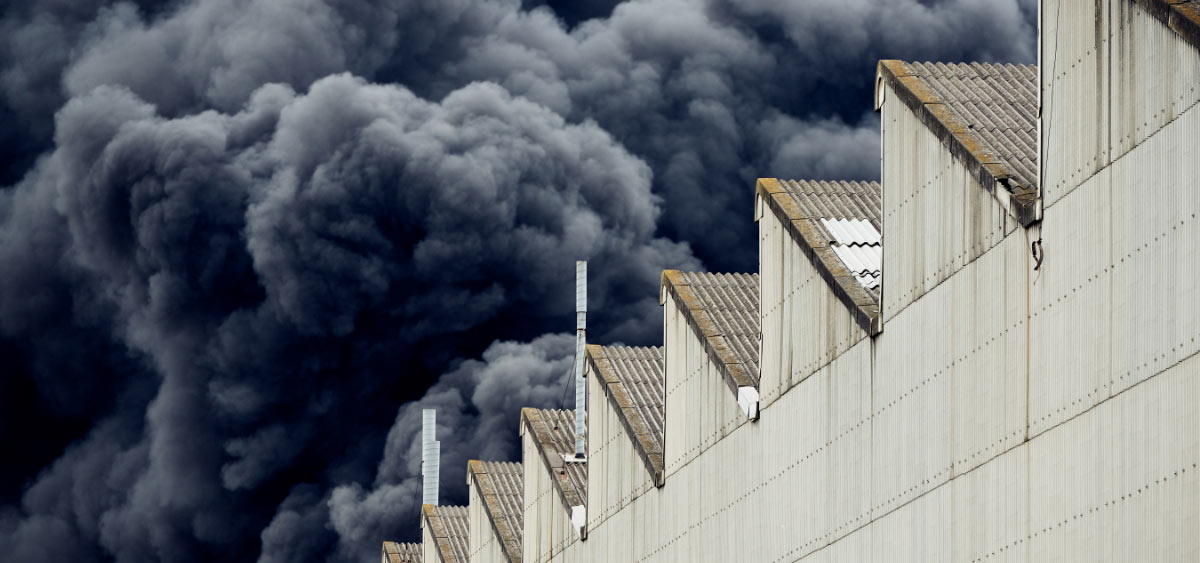
Flammable Liquids And Gases
These types of fires – which mostly occur at chemical plants – can be disastrous, with liquids such as fuel, crude oil and acrylic acid often to blame.
Perhaps more so than the other causes of industrial fires outlined in this blog, preventing these types of fires all comes down to understanding.
This means knowing:
- the hazards
- the safety information about every type of liquid on the premises
- how to correctly store flammable liquids and gases
After that, it all comes down to controlling the ignition sources as well as providing protective gear for the people using them.
Equipment And Machinery
Dealing with faulty equipment and machinery is something that everyone can relate to.
But there’s a difference between coping with a buggy kettle at a coffee shop and heavy industrial furnaces that have not been properly installed, operated and maintained.
Beyond that, it’s also the seemingly innocuous equipment that isn’t thought to be a threat that creates the biggest problems.
The lesson is to treat normal everyday items with just as much respect as the heavy industrial equipment perceived as greater threats.
Again, preventing these sorts of calamities comes down to awareness and maintenance.
After all, you can’t prevent risks you don’t know about.
So if you’re in such an environment, take the time to understand each piece of machinery you’re operating.
Treat them like your household appliances, look after them, and make sure they’re working at the highest level they possibly can.
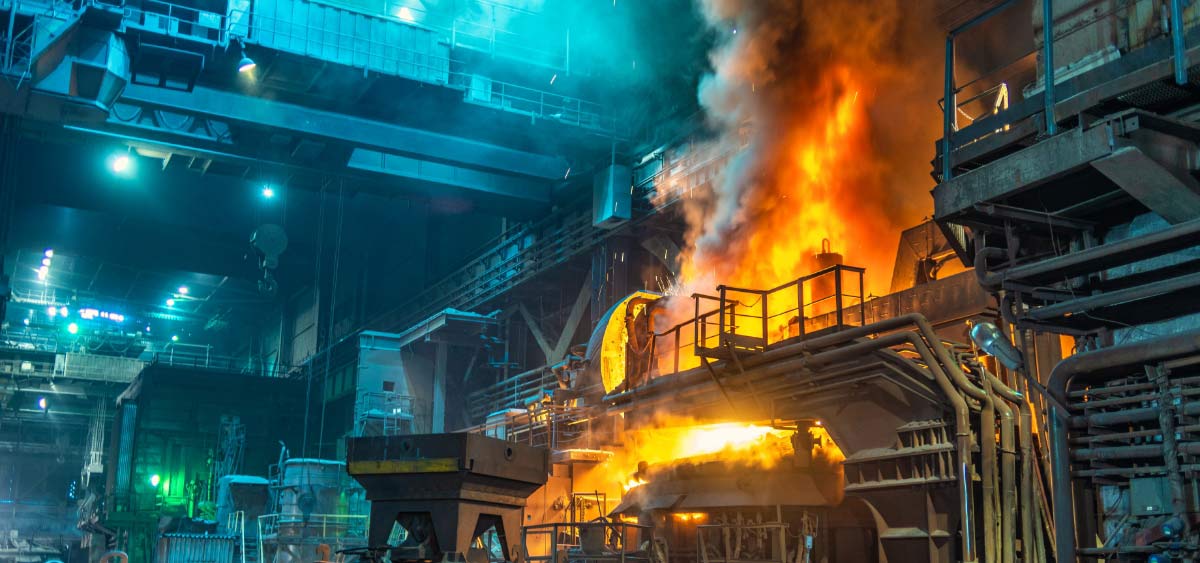
One Spark Is All It Takes
Electrical fires are one of the biggest causes of fires in any environment.
In homes across the country, extension cables, faulty sockets and overloaded household appliances cause thousands of fires a year.
And the risk is of course even higher in industrial settings.
One spark is all it takes. And if it’s in the proximity of other fire risks on our list, the result could be cataclysmic.
So keep your eye out for open sockets, ripped wiring or too many extension cables in one place.
The Importance Of Safety Systems And Fire Doors
Fire safety is mostly about establishing well-thought-out policies and procedures that are carried out consistently.
Every UK workplace must, by law, also have fire safety provisions and systems in place like fire doors.
But did you know that 75% of fire doors have failed inspection since 2019?
That’s chiefly because commercial and residential landlords have cut corners by not purchasing properly certified fire doors made by an approved manufacturer.
Why, when the risk to life and property is so high?
These landlords will only have to pay for certified new fire doors in the future, so they’d have been better off finding a supplier like Vigor Doors approved by the British Woodworking Federation and other 3rd party fire safety bodies in the first place.
Fire safety is our specialty and passion at Vigor
So, if you want competitively priced high-quality fire doors that will safeguard your staff, tenants or property colleagues, get in touch with our expert team on 01642 265 034 or info@vigordoors.com
